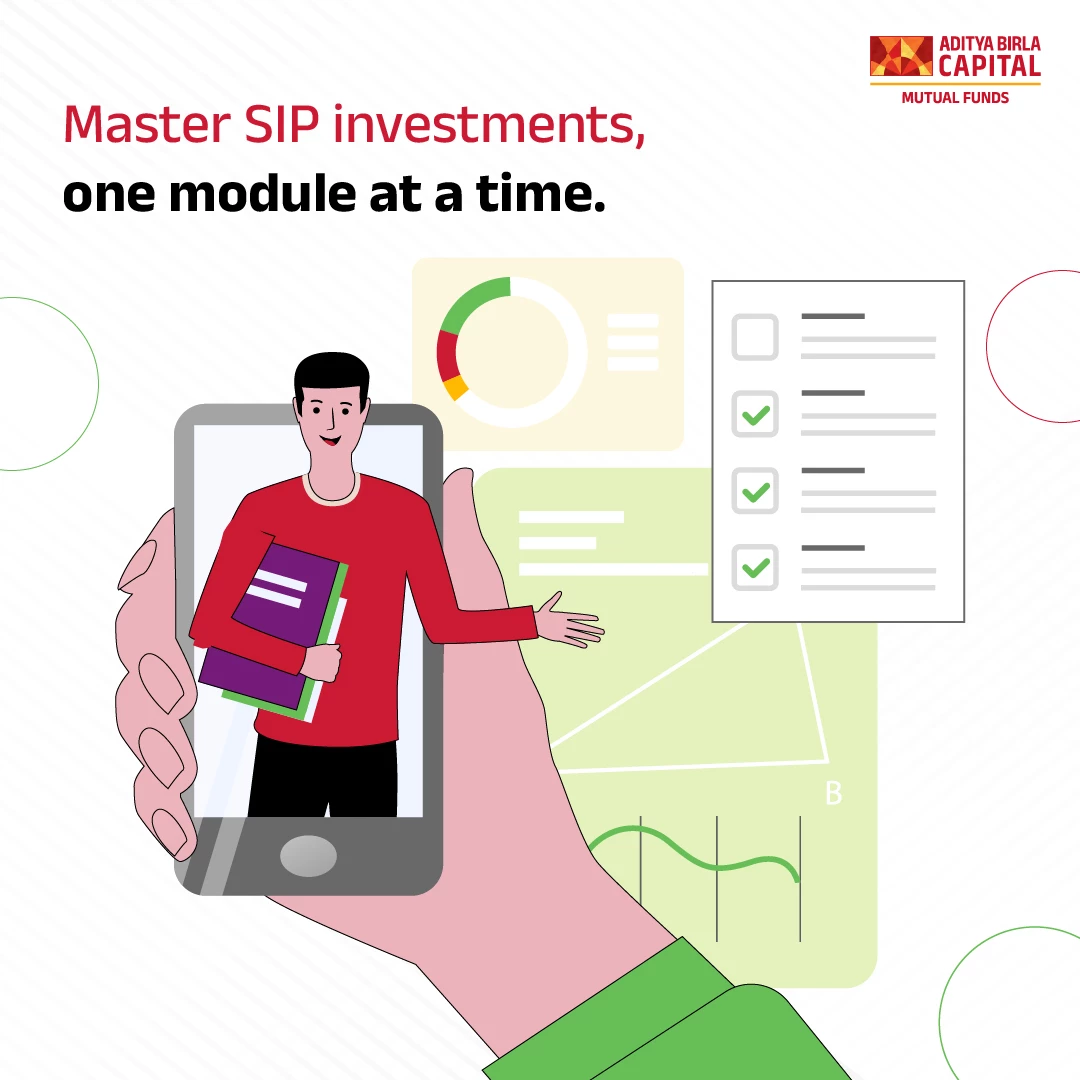As we slowly emerge from the pandemic, we see that the social and financial structure of the world has greatly shifted. This shift makes managing finances especially challenging as a lot is new and it can be a lot to take in. However, it takes more than simply making ends meet to be excellent with money and the past strategies of being financially well and secure continue to work today.
When you have solid financial abilities, life is a lot easier. Your credit score and the amount of debt you wind up carrying are affected by how you spend your money. If you're having trouble with money management, such as living paycheck to paycheck while having a lot of money, here are some suggestions to help you improve your financial habits.
Don't just assume you can afford anything when faced with a purchasing decision, especially one that involves a significant purchase. Check whether you can afford it and if you haven't previously used those funds for something else.
This involves determining whether you can afford a purchase based on your budget and your bank account balances. It's important to remember that just because you have the money doesn't guarantee you can make the purchase. You must also evaluate the debts and costs that must be paid before the next paycheck.
First, it’s important to differentiate between financial wellness and financial security. Financial security means having enough money to pay for your lifestyle. Financial wellness is all about how you feel about your finances. Are you on track to meet your financial goals, are you doing the right things to have financial security?
Here are some tips to help you manage your budget and overall finances during these challenging times:
1) Stop impulse buying
Just because something looks nice, or if you feel you really want it, doesn’t necessarily mean you absolutely need it and have to have it! Every time you are about to purchase something that you don’t really know you need, take some time to think about it, sleep on it – likely you will realize you can actually live without it. Consider this: how many hours or days do you need to work to purchase that item?
2) Use a budget
If you establish a budget and then store it away in a folder on your bookshelf or filing cabinet, it's a waste of time. It's a good idea to refer to it during the month to assist you in making spending selections. It should be updated as bills are paid, and other monthly costs are incurred. You should know how much money you have available to spend at any given point of the month, considering any remaining expenses.
3) Make saving money a habit
It takes approximately 21 days to learn a habit. Start saving Rs. 5 or Rs. 10 daily and continue this savings plan for 21 days so that it becomes second nature. If you can afford more, do so. Keep saving and don’t stop and use these savings for long-term financial goals.
4) Avoid additional monthly subscriptions
It doesn't imply you should take a loan just because your salary and credit qualify you for it. Many individuals mistakenly believe that if they applied for a credit card or a loan they couldn't afford, the bank would deny them.
The bank only knows your stated income and the debt commitments on your credit report; it does not know any additional responsibilities that prohibit you from completing your payments on time. Based on your income and other monthly responsibilities, you must determine if a monthly payment is feasible.
5) Pay more than the minimum on your credit card bill
Your goal should be to pay it off fully every month. Any leftover balances will incur high-interest charges. Avoid using your credit cards to make purchases you can't afford, especially for products you don't require. Remember, if you can’t afford it, don’t buy it.
An Investor education and Awareness initiative of Aditya Birla Sun Life Mutual Fund
All investors have to go through a one-time KYC (Know Your Customer) process. Investors to invest only with SEBI registered Mutual Funds. For further information on KYC, list of SEBI registered Mutual Funds and redressal of complaints including details about SEBI SCORES portal, visit link : https://mutualfund.adityabirlacapital.com/Investor-Education/education/kyc-and-redressal for further details.
Mutual Fund investments are subject to market risks, read all scheme related documents carefully







 1800-270-7000
1800-270-7000










